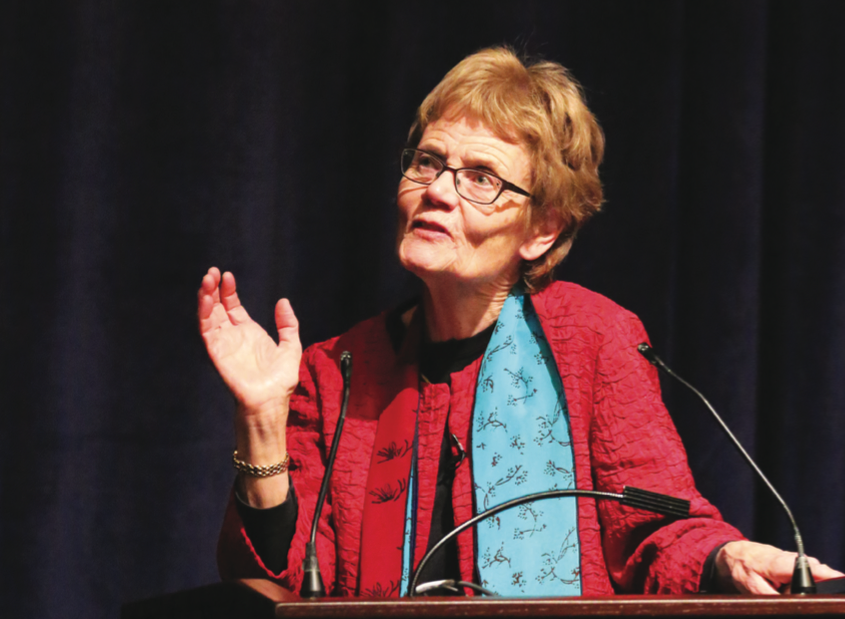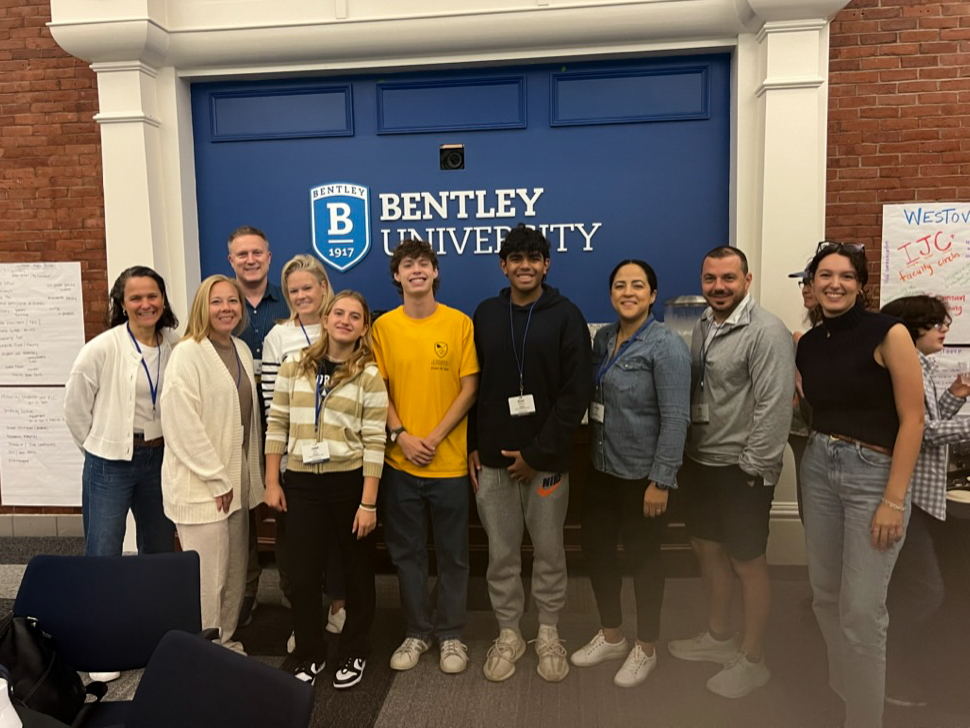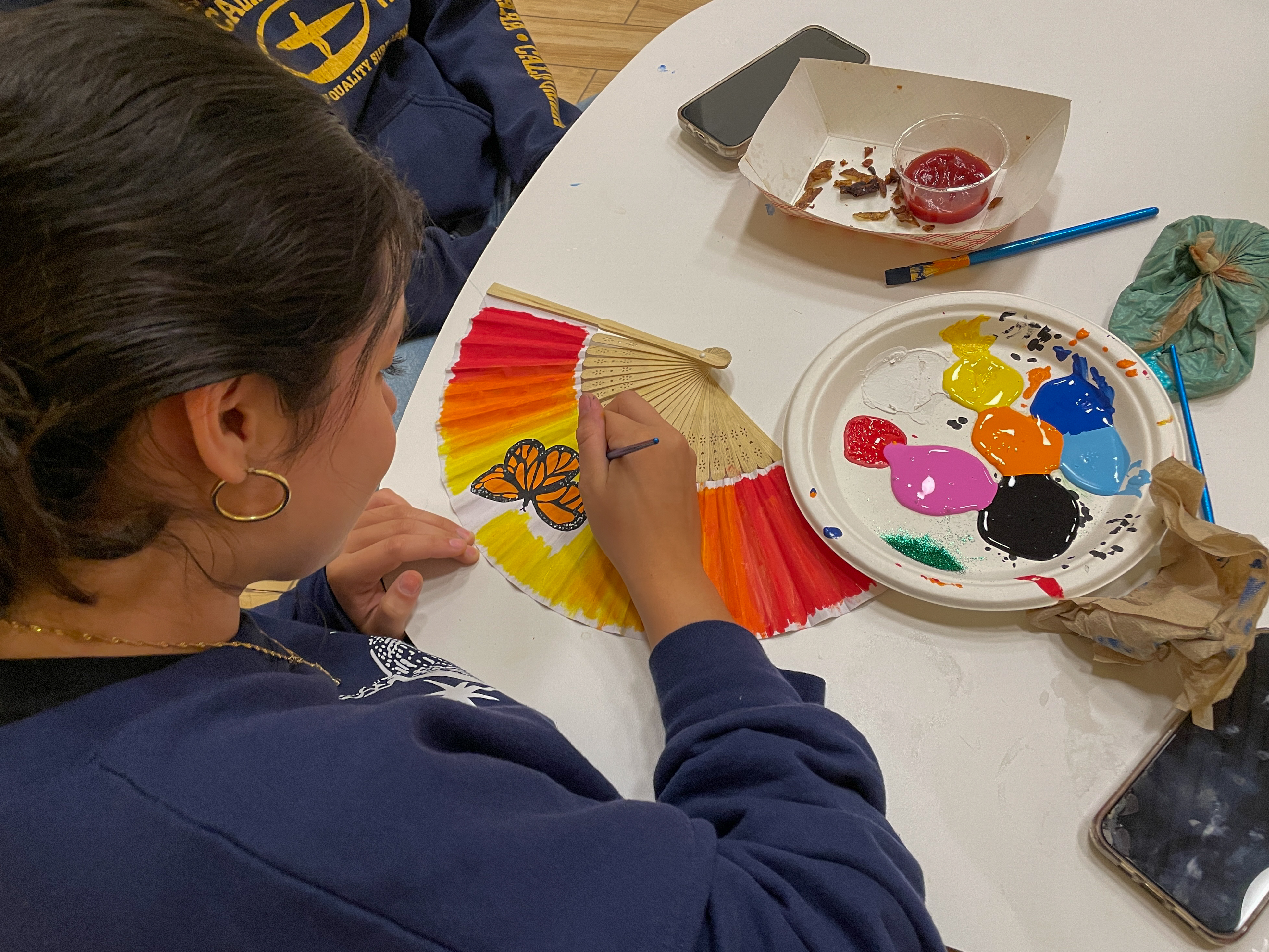After many phone calls, Justice Margot Botsford, a ’65 graduate of Rosemary Hall, was chosen to come to Choate and speak to students and faculty as the 2017 Adlai Stevenson Fellow. Ms. Amy Foster, the HPRSS department head, highlighted two distinctive qualities of Ms. Botsford; she works in the judicial branch of government which is unique to previous fellows, and she is a women, which makes her the first female Stevenson Fellow since 2005.
After graduating from Choate in 1918, Adlai Stevenson made great strides in the field of public policy. In 1948, he was elected the governor of Illinois. Four years later her ran for president of the United States and lost to Dwight D. Eisenhower. He ran again in 1956, losing to Eisenhower a second time. However, in 1961 he was appointed as UN ambassador where he worked until his death in 1965. In commemoration of the accomplishments that he achieved, the Adlai Stevenson Lecture Series, begun in 1976, is held annually and all HPRSS students are required to attend. Ms. Foster and Mr. Charles Hopkins, an HPRSS teacher, worked in collaboration to select Ms. Botsford as this year’s Stevenson Fellow.
As an introduction to the lecture, Lily James ‘17 was chosen to give a brief background on Adlai Stevenson’s life. Before the lecture, James commented on her humility at being chosen to introduce Ms. Botsford and her excitement to hear her speak about her journey. A prefect, Gold Key leader, and talented actor, James confidently recounted Stevenson’s success story while also including her own personal twist: James wore a 1950s Stevenson campaign pin her grandmother gave her.
Ms. Botsford began her speech by talking about Adlai Stevenson. Ms. Botsford’s father had been a great supporter of Mr. Stevenson and, therefore, he was one of the first politicians that Ms. Botsford recognized and admired as a young child. Ms. Botsford’s journey into the field of public service began at Northeastern law school. Her first job was as an assistant attorney general. From this, she learned important lessons of teamwork. In addition, she pointed out to Choate students that in public service, “equal pay for equal work actually governs.” Ms. Botsford eventually left her first job because she did not agree with a change in public policy. Her second public sector job was as an assistant district attorney. She focused on criminal law as a prosecutor rather than civil law.
In her speech, Ms. Botsford highlighted the importance of protecting the public and helping victims. Eventually, Ms. Botsford’s career led her to become a Massachusetts state judge. She found this profession fascinating, and she engaged in trying to create equal civil opportunity in a functioning government. Her goals were to create a “fair, speedy and adequate venue to protect the people’s rights.”
In addition, Ms. Botsford playfully commented on the superiority that her position gave her. She joked, “It doesn’t hurt that when you wear a black robe, people have to do what you say!”
After 18 years as a Massachusetts state judge, Ms. Botsford was appointed to the Massachusetts state supreme court in 2007. Ms. Botsford described her experience as “humbling” as she enjoyed working with her six colleagues of whom she described as “enormously bright and dedicated.” Case by case, Ms. Botsford worked tirelessly with her colleagues to listen to the people and make the best decisions given the information at hand. She shared the effort and commitment to make the government work as fair and efficiently as possible.
Recently, after years of hard work and dedication, Ms. Botsford retired, at age 70. With many unexpected twists and turns in her journey, she left a final message with Choate students: “Public service work bestows tremendous gifts of finding purpose in your life and improving others’ lives as well as your own.”
Directing the conversation to the Choate students seated in the auditorium, Ms. Botsford said, “You are all among the most fortunate people in the world. You will go to great universities and achieve great things. I really hope that as you graduate and move on, you will think of dedicating at least part of your life to public service.” She concluded, quoting children’s-rights activist Marian Wright Edelman, “‘Service is the rent we pay for living.’”
After listening to her speak, Mr. Hopkins said he had high hopes that “students who are interested in law or interested in government service might look at this profession differently than they did before having heard about her life, her experience, and how rewarding she’s found it.”
The reactions of the students were relatively positive. Ian Bamford ‘19 said, “I liked the lecture and was able to relate to the topic considering my interest in law and government. The topic she discussed was incredibly important because in 20 to 30 years it will be our generation that will be running the government. Without competent and dedicated public servants, our society will crumble. It is necessary that the brightest minds of our generation be dedicated to benefitting the community through innovation, science, and public service.”
Jack Bergantino ‘18 commented, “I was refreshed by Ms. Botsford’s humility. Though it was not perhaps the most intriguing presentation relative to the many we have seen at Choate, I enjoyed listening to her experiences in public office. My takeaway was that as Choate students – as educated people – it is our responsibility to hold roles of leadership, whether in the private or public sectors. And based off of that takeaway, it was an hour well spent.”
Ms. Foster said, “I think students can take away an interesting message just from her own journey. She tried different things, and when she recognized one path wasn’t right for her, she was willing to switch gears and go another direction.”





